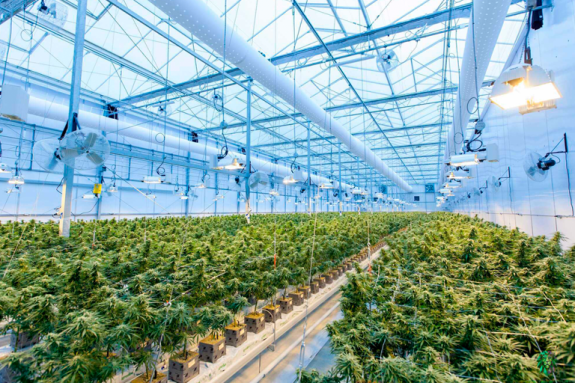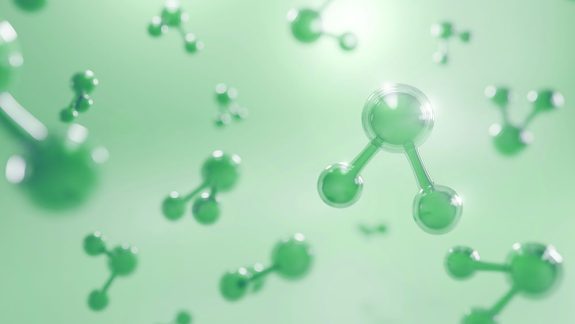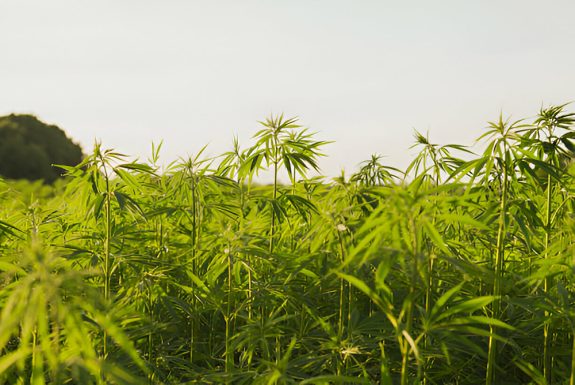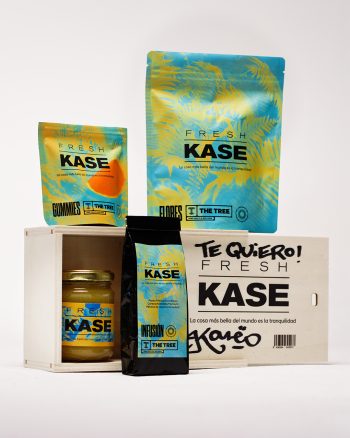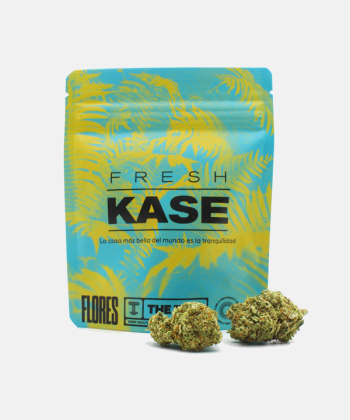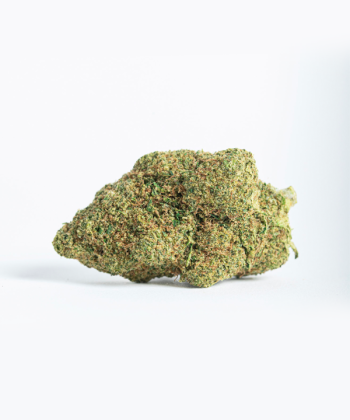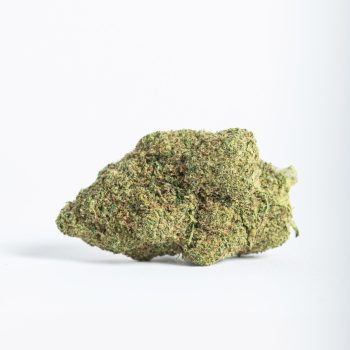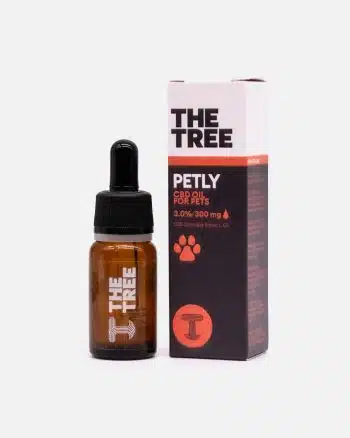CBD (cannabidiol) is not addictive and poses no proven risks to human or animal health. This cannabinoid has become very popular in recent years, due to its many properties and its use in a wide variety of products, such as oils, creams, and e-liquids, etc.
However, as more people explore the potential uses of CBD, questions and concerns about its safety and possible adverse effects have also arisen. In this article, we’ll address the relationship between CBD and addiction, exploring the available scientific evidence on the subject.
CBD and THC: Differences in terms of addiction
When talking about cannabinoids, it’s important to understand the fundamental differences between CBD (cannabidiol) and THC (tetrahydrocannabinol), two of the best known and most abundant compounds in the cannabis plant.
While both cannabinoids interact with the endocannabinoid system in the mammalian body, their effects and properties differ considerably, especially with regard to addiction.
THC, the active ingredient in marijuana, is known for its psychotropic properties, as it can alter a person’s perception, mood, and cognitive abilities. Although it’s not a substance with a high potential for addiction, this ability to induce a feeling of euphoria or a “high” could lead to repeated and harmful use resulting in addiction.
It’s estimated that around 9% of people who try marijuana will become addicted¹. This is because prolonged and abusive use of THC has been associated with the development of dependence and withdrawal in some individuals.
CBD, on the other hand, is the main active component of the hemp plant and is neither addictive nor has psychotropic properties, so it doesn’t alter the user’s perception and is not intoxicating in any way.
Hemp is a type of cannabis that, while belonging to the same family as marijuana, hardly produces any THC, so it lacks psychotropic effects. Therefore, because it doesn’t activate the brain’s reward circuits in the same way that THC does, the hemp plant isn’t addictive and produces large amounts of CBD.
In short, unlike THC, the psychoactive component of marijuana, CBD doesn’t have psychotropic or addiction-inducing effects. While THC can generate a feeling of euphoria and can alter the mind, CBD has been mainly studied for its properties and its ability to interact with the body’s endocannabinoid system.
In addition, it has been found that CBD can help counteract some of the addictive effects of THC, such as anxiety and dependence. It may also help people to deal with other addictions, such as smoking, for example.
In the next section, we’ll explore additional scientific research that supports the claim that CBD isn’t addictive and we’ll also examine its potential in treating addictions.
The potential of CBD in treating addictions
As research on CBD has progressed, its potential to treat addictions has been explored. While further studies are still needed to fully understand its effects and mechanisms of action, the initial results are very promising.
Several studies have explored the potential use of CBD as an aid in the treatment of addictions to substances such as tobacco, opioids, and cannabis. Preliminary results suggest that CBD may have properties that help reduce withdrawal symptoms and support long-term recovery.
When it comes to tobacco addiction, for example, CBD can have a positive influence on reducing the frequency of cigarette smoking, as well as helping to mitigate withdrawal-induced anxiety.
University College London conducted a study on the subject, the results of which were published in 2013. Essentially, the effectiveness of CBD vaping was compared with that of a placebo to assess its effect on tobacco withdrawal.
To do so, 12 samples of CBD vapes and 12 samples of placebo vapes were randomly distributed among a group of regular smokers, without them knowing what was in each sample. After one week, the contents of the inhalers were revealed and the smoking behaviour of the two groups was compared.
The result was that smokers who had received CBD inhalers cut their tobacco consumption by approximately 40%². CBD could therefore not only be very useful to help people quit smoking, but to cut down on smoking too.
In relation to opioid addiction, CBD has also shown potential in reducing withdrawal symptoms. CBD has been found to decrease anxiety and the activity of reward-related brain circuits in experimental models conducted on laboratory mice³.
In addition, some studies have investigated the use of CBD to treat cannabis addiction. Although more research is needed, it has been suggested that CBD may mitigate the psychoactive effects of THC and reduce withdrawal symptoms associated with stopping cannabis use⁴.
It’s important to bear in mind that while CBD may show promise in the treatment of addiction, CBD products are not intended to diagnose, treat, or cure any disease. If you think CBD could help you, it’s always best to talk to a medical specialist and follow their recommendations.
In short, not only does CBD not cause addiction, but initial studies suggest that it may have significant potential in treating addictions. While more research is needed, recent results are encouraging and support the idea that CBD could be a valuable asset in managing addictions to a variety of substances.
References
- Is marijuana addictive? | National Institute on Drug Abuse. (2020, 27 May). National Institute on Drug Abuse.
- Morgan, C. J., Das, R. K., Joye, A., Curran, H. V., & Kamboj, S. K. (2013). Cannabidiol reduces cigarette consumption in tobacco smokers: preliminary findings. Addictive behaviors, 38(9), 2433-2436.
- Katsidoni, V., Anagnostou, I., & Panagis, G. (2013). Cannabidiol inhibits the reward‐facilitating effect of morphine: involvement of 5‐HT1A receptors in the dorsal raphe nucleus. Addiction biology, 18(2), 286-296.
- Prud’homme, M., Cata, R., & Jutras-Aswad, D. (2015). Cannabidiol as an intervention for addictive behaviors: a systematic review of the evidence. Substance abuse: research and treatment, 9, SART-S25081.


